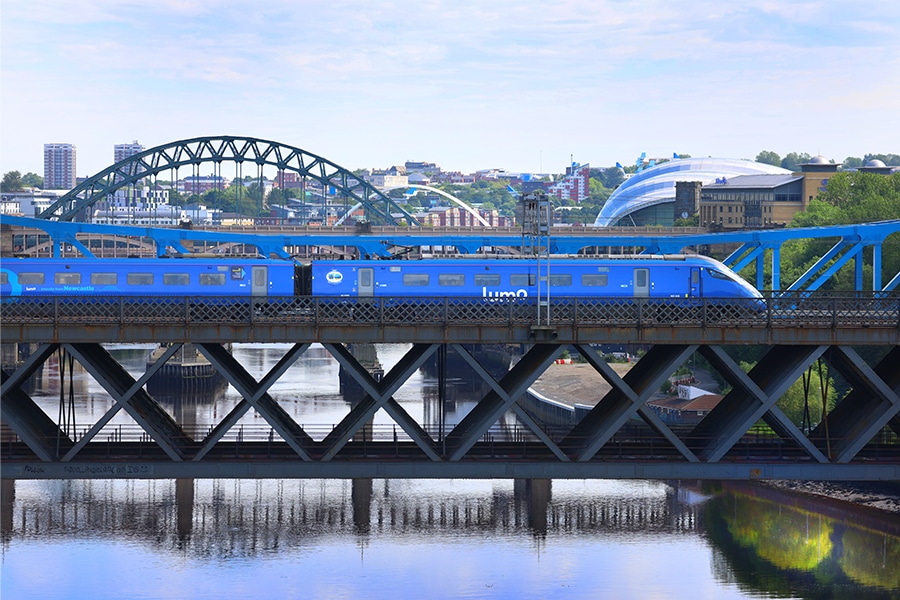Gobsmacked crowd see a man fly at MediaCity
- Written by Ana Iliescu
- Last updated 7 years ago
- City of Salford, Sport, Videos

Richard Browning left people staring in awe at when he came to Media City on Friday to demonstrate his invention, Daedalus Mark 1.
The grafity-defying Iron Man suit can reach 32mph and has broken the Guinness world record for the fastest speed in a body-controlled jet engine power suit.
It’s made up of six kerosene-fuelled micro gas turbines and is solely controlled by body movements.
“This project started some time very early 2016,” he told me, “from a slightly crazy idea of how could you approach the challenge of human flight in a very different way by augmenting the way the human mind and body work, rather than putting the human in a flying machine.
“It got off in a very rapid way. We started exploring and we arrived in a place that we never really imagined we would.”
His passion for aerospace engineering comes from a general ambition of taking on challenges that seem impossible.
“There’s something really gratifying about going down a pathway that people think is impossible and then – it doesn’t happen often – getting to a point that no one imagined.”
The project unfolded quite rapidly, Mr Browning explains.
“We went from the first jet engine on an arm as an experiment around February – March 2016 and then by November that year we actually managed to do the first flight. It was actually pretty rapid considering it was done alongside a day job as well.”
In April 2017, he founded Gravity, an inspirational technology company working to re-imagining the future of human flight and pioneer aeronautical innovation.
His invention, which has become popular across the UK, has also been well received all over the world:
“This is keeping us very busy at the moment. We now have 37 events lined up in 12 countries, we’ve got 30 people collaborating, we’ve got amazing new technology coming in, we have a Hollywood deal signed, we’re collaborating with military search and rescue.
“There’s a mountain of interesting things going on and underlying it all, this technology which we demonstrated today is just the beginning. There’s a load of other frontiers that we’ve now identified that we can progress with.”
One minute of flying takes four litres of fuel. So is this ever going to become an alternative to public transport?
“No, well I mean never say never. I shouldn’t say no straight out but as you can see it’s really visceral and loud and pretty inefficient but, hey, so was the first car.”
- This article was last updated 7 years ago.
- It was first published on 25 November 2017 and is subject to be updated from time to time. Please refresh or return to see the latest version.
Did we miss something? Let us know: [email protected]
Want to be the first to receive all the latest news stories, what’s on and events from the heart of Manchester? Sign up here.
Manchester is a successful city, but many people suffer. I Love Manchester helps raise awareness and funds to help improve the lives and prospects of people across Greater Manchester – and we can’t do it without your help. So please support us with what you can so we can continue to spread the love. Thank you in advance!
Got a story worth sharing?
What’s the story? We are all ears when it comes to positive news and inspiring stories. You can send story ideas to [email protected]
An email you’ll love. Subscribe to our newsletter to get the latest news stories delivered direct to your inbox.

Here’s how you can make a difference in Manchester this Christmas

There is a light that must never go out – Film launched in last bid attempt to save Salford Lads’ & Girls’ Club

Review: The Jungle Book at the Octagon Theatre is ‘a spirited twist on the beloved Kipling classic’

Meet the pear, tomato and banana who are changing the way we fight hate crimes in Manchester

Here’s how you can get 50% off tickets to Jurassic World: The Exhibition this Black Friday














